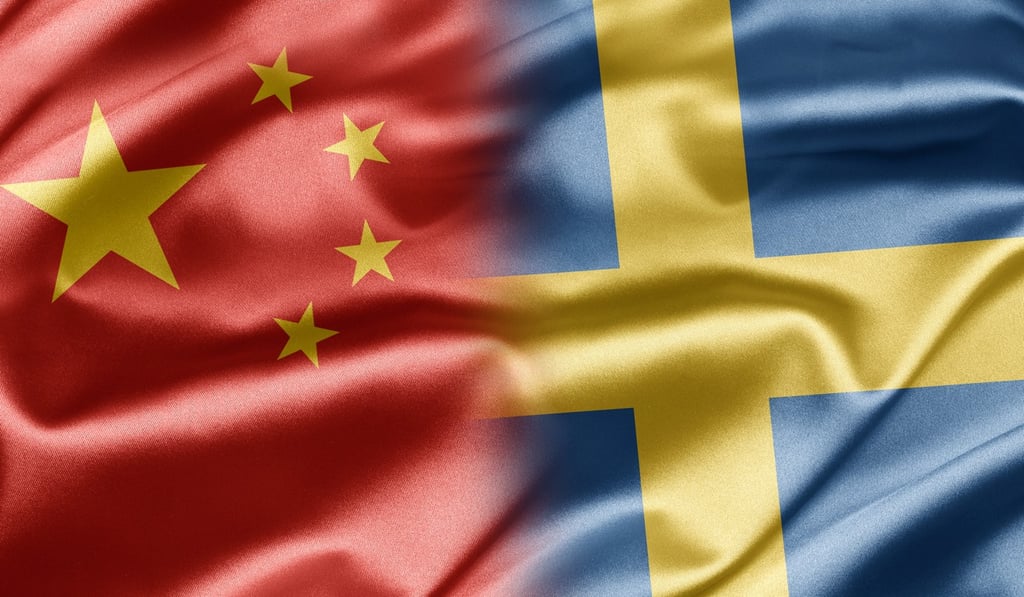Advertisement
Swedish court’s decision to free Chinese suspect ‘a major setback’ for global fugitive hunt
- Former head of grain storage facility Qiao Jianjun is wanted on suspicion of having embezzled millions of dollars
- Development could be part of broader pushback against China amid distrust of legal system, political scientist says
Reading Time:3 minutes
Why you can trust SCMP

A decision by Sweden’s top court to release one of China’s most wanted fugitives is “a major setback” for Beijing’s global hunt for corruption suspects, analysts say.
Qiao Jianjun – who was arrested a year ago and is wanted by Beijing on suspicion of having embezzled millions of dollars – was released after an extradition hearing on Tuesday.
While Sweden’s Supreme Court has yet to discuss the matter with the government in Stockholm, Qiao’s lawyer Henrik Olsson Lilja said the court had “made a preliminary decision not to extradite him”. “This is a very strong indication that they will not grant the Chinese request,” Lilja said.
Advertisement
He added that the huge protests in Hong Kong over an extradition bill with mainland China were having an impact in Sweden.
Qiao, the former director of a government grain storage facility in Hunan province, fled the country in November 2011 and spent more than six years on the run before being arrested by Swedish police on June 25 last year following a request from Beijing.
Advertisement

Advertisement
Select Voice
Select Speed
1.00x